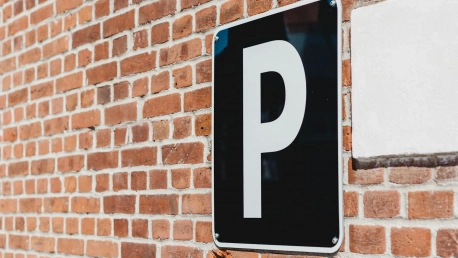The nightscape of Auckland’s Central Business District (CBD) brims with the energy of diners and revelers, making it an essential hub of contemporary urban living. However, the introduction of a 24/7 parking fee regime looms over the city’s nighttime vibrancy. This new policy, heralding a shift from the traditional model, stands to affect all who navigate the city after dark, from leisure-seekers to the nighttime employees who keep the city’s pulse alive.
Unveiling Auckland’s New Parking Charging Scheme
As the clock ticks towards the July 1, 2024 deadline, Auckland’s on-street parking will adopt an around-the-clock charge, abolishing the customary free parking hours. This marks a profound change, with fees applicable day and night, during weekends, and even on public holidays. Strategically, this seems poised to streamline parking management, but at what cost to the after-dark atmosphere that defines Auckland?With fees set to lie within the $2-$3 per hour range, depending on location, the city joins other metropolises in tightening parking regulations. The approach could incentivize parking space turnover, but many within the business community brace for potential adverse impacts on the very fabric of Auckland’s nightlife. This presents a genuine challenge for local businesses who rely on a steady stream of visitors, unhindered by the prospect of parking fees, to thrive.
Hospitality Sector Reacts to Parking Changes
Auckland’s hospitality sector finds itself at the heart of the storm stirred up by the new parking charges. The industry thrives on patrons who rely on personal vehicles to frequent the city’s myriad nighttime offerings, and the announcement has caused chambers of consternation. Restaurants, bars, and other venues fear a future where patrons view every parking hour as a ticking financial meter, potentially truncating their nighttime sojourns.Hospitality NZ echoes this sentiment, having been blindsided by a decision that seemingly lacked prior discussion with sector stakeholders. Questions now surface about the future allocation of the funds raised from these charges: Will this additional revenue stream be directed towards reinforcing the nightlife that stands to be impacted? Transparency in this process is imperative if the hospitality industry is to support such sweeping changes.
The Workers’ Dilemma: Transportation and Costs
The other side of the nightlife coin shows the faces of countless employees who depend on accessible parking during unconventional hours. The introduction of persistent parking fees puts a financial strain on workers, particularly those with limited earning power, by effectively raising the cost of their daily commute.Such an additional expense has the potential to disrupt the livelihood of these essential nighttime operators, possibly leading to a staffing crisis within an industry already marked by late hours and challenging work conditions. The ability for a city to attract and retain its workforce is crucial to its vibrancy, a factor that could be considerably undermined by unyielding parking costs.
A Disconnect in Communication and Consultation
Criticism has been directed at Auckland Transport’s communication strategy concerning the parking changes. The sentiment from local governance, specifically from Mayor Wayne Brown, to businesses and city citizens, is clear: the transition has been too abrupt, with a distinct lack of collaborative conversation.While Auckland Transport maintains that it has adequately informed relevant stakeholders, many argue that being “informed” falls short of a participatory consultative process. True engagement involves dialogue, feedback, and potential co-creation of solutions, not just top-down notification. This approach, or lack thereof, has left many feeling discounted and reactive, rather than active partners in the city’s evolution.
Calls for Integrated Urban Planning
Auckland’s Central Business District (CBD) comes alive at night with diners and partiers infusing the city with dynamic energy. The heart of urban living beats loudest after sundown, offering a cosmopolitan experience. However, this buzz is under threat from a new policy that could dampen its sparkle: round-the-clock parking fees. This break from tradition is poised to change the game for everyone — from those pursuing nocturnal pleasures to the dedicated workforce that ensures the city never sleeps. As parking becomes an around-the-clock cost, the impact will ripple through the streets, potentially altering the rhythm of Auckland’s nightlife. This policy shift prompts questions about the sustainability of a vibrant urban nightlife with ongoing financial implications for visitors and nighttime workers alike. How Auckland adapts to this change could redefine its nighttime character.









